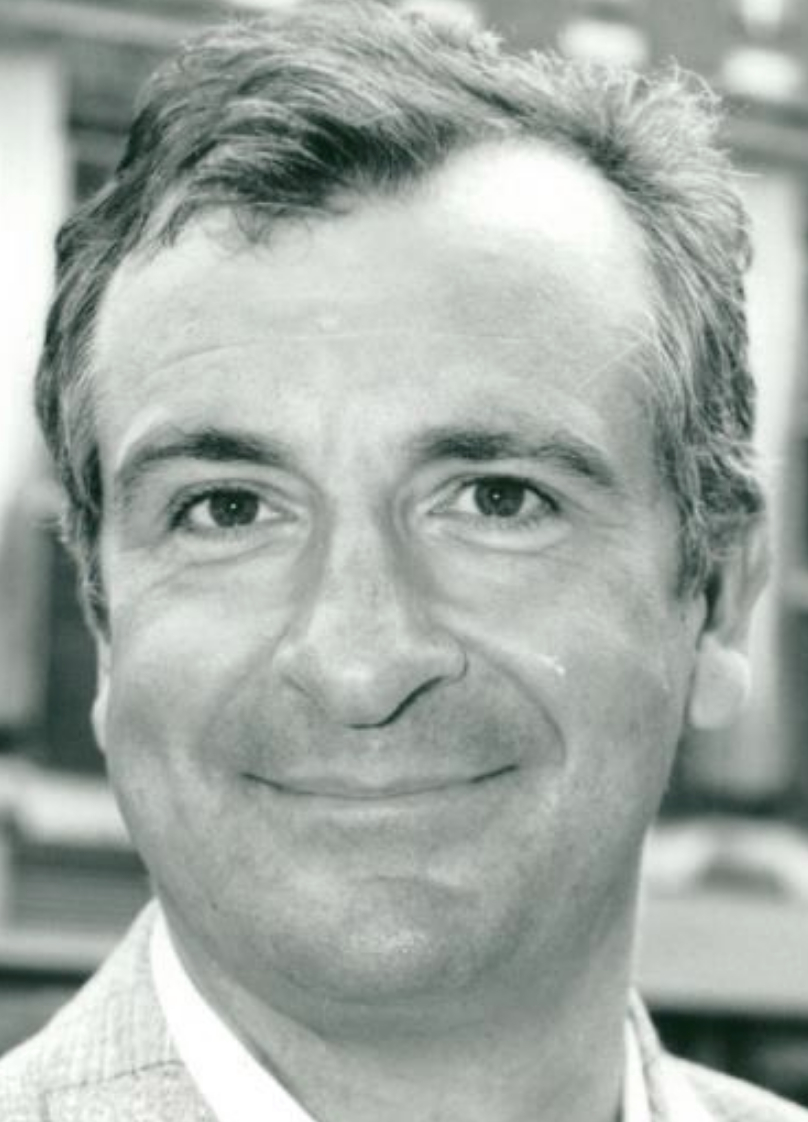March 11
Douglas Adams

On this date in 1952, science fiction/comedy writer Douglas Noel Adams was born in Cambridge, England. He was educated at St. John’s College, Cambridge, where he graduated with a B.A. in 1974 and later earned his master’s in English literature. Adams worked as a writer and producer in radio and television.
In 1978, “The Hitchhiker’s Guide to the Galaxy” ran as a series on BBC Radio and was published as a novel in 1979. More than 14 million copies of the cult sci-fi novel have sold worldwide, followed by sequels. The satiric novel chronicles the adventures of an alien, Ford Prefect, and his human companion, Arthur Dent, as they travel the universe looking for the meaning of life after Earth’s destruction. Adams was also an internet pioneer.
He married Jane Belson in 1991 and they had a daughter, Polly, in 1994. He was at work on a screenplay for Hitchhiker when he died unexpectedly at age 49 of a heart attack in 2001. (It was made into a movie in 2005.) Adams called himself a “committed Christian” as a teenager, who began to rethink his beliefs at age 18 after listening to the nonsense of a street preacher. He credited books by his friend Richard Dawkins, including The Selfish Gene and The Blind Watchmaker, for helping to cement his views on religion.
Dawkins used Adams’s influence to bolster arguments for nonbelief in his 2006 book The God Delusion, which he dedicated to Adams, whom he jokingly called “possibly [my] only convert” to atheism. After Adams’ death, Dawkins wrote, “Science has lost a friend, literature has lost a luminary, the mountain gorilla and the black rhino have lost a gallant defender.”
Adams’s official biography Wish You Were Here shares its name with the Pink Floyd song. Adams was friends with Pink Floyd guitarist David Gilmour. Adams chose the name for Pink Floyd’s 1994 album “The Division Bell” by picking the words from the lyrics to one of its tracks, “High Hopes.” He played guitar lefthanded and had two dozen lefthanded guitars.
He was living in Santa Barbara, Calif., where he died and was cremated. His ashes are in Highgate Cemetery East in London. In The Salmon of Doubt, a compilation of Adams’ writings published posthumously in 2002, he wrote of religion: “But it does mystify me that otherwise intelligent people take it seriously.” (D. 2001)
“If you describe yourself as ‘Atheist,’ some people will say, ‘Don’t you mean “Agnostic?’ I have to reply that I really do mean Atheist. I really do not believe that there is a god — in fact I am convinced that there is not a god (a subtle difference). I see not a shred of evidence to suggest that there is one. It’s easier to say that I am a radical Atheist, just to signal that I really mean it, have thought about it a great deal, and that it’s an opinion I hold seriously.”
— Adams interview, American Atheist (Winter 1998-99)
